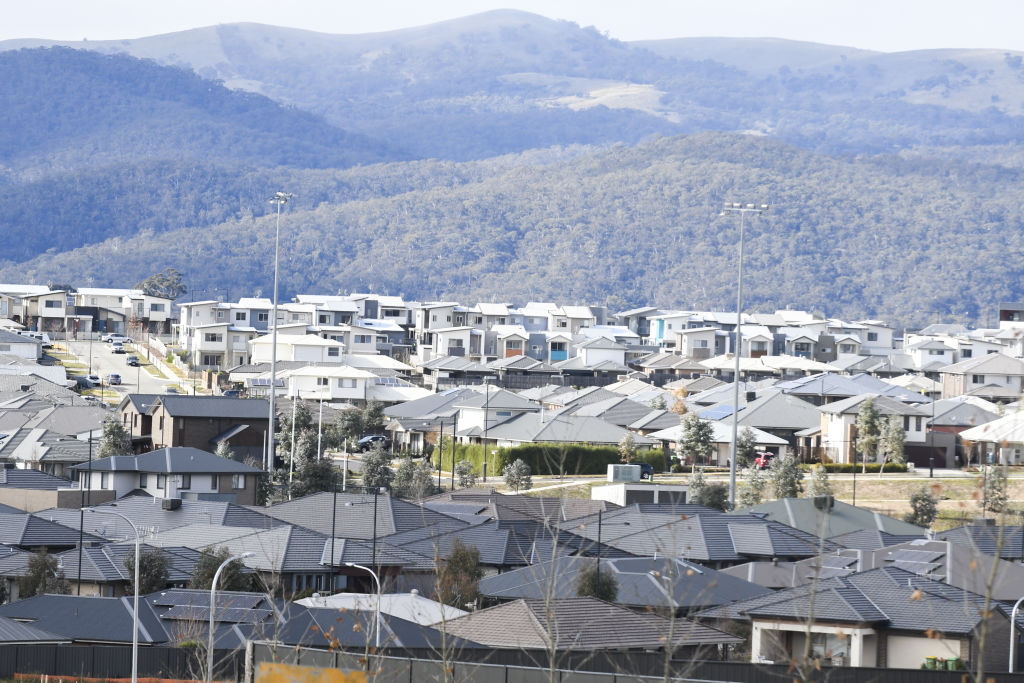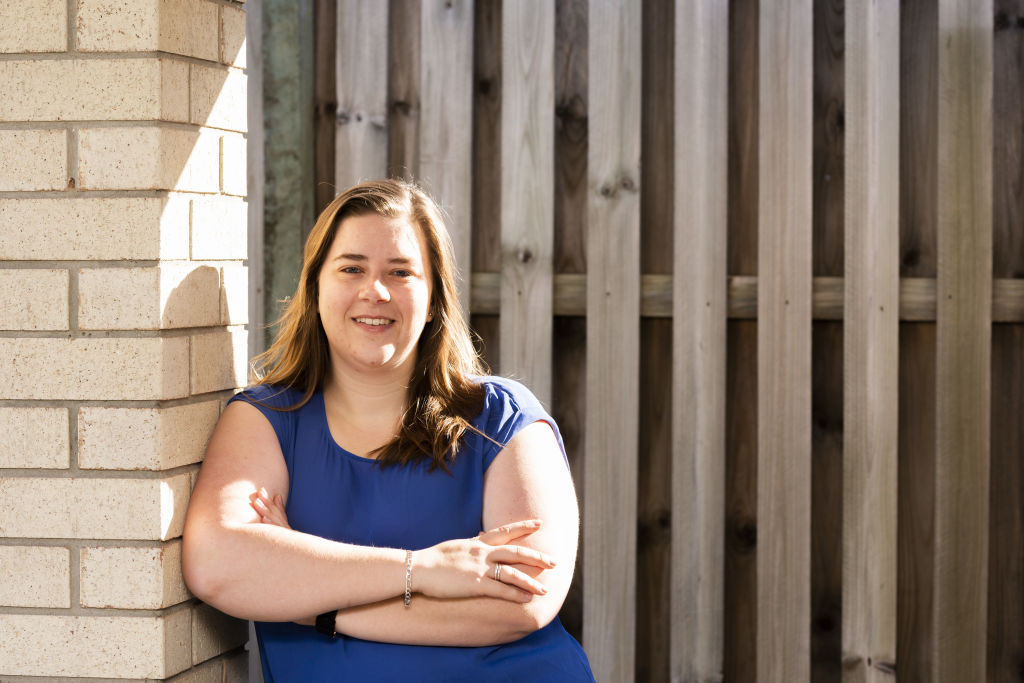Thousands to purchase first property in federal government’s second First Home Loan Deposit Scheme intake….
Thousands of first-home buyers will on Wednesday be able to apply for federal Government assistance that could shave years off their mortgages.
The second intake of the much-anticipated First Home Loan Deposit Scheme is designed to give first-home buyers a leg-up in the property market by providing banks with a guarantee for up to 15 per cent of a property’s value.
It means struggling savers can secure their first mortgage with a deposit as little as 5 per cent and avoid paying costly lenders’ mortgage insurance (LMI).
“LMI is really like a grudge fee. No one wants to pay it but it’s necessary if you don’t have a 20 per cent deposit,” said Sydney mortgage broker Bernadette Christie-David.
Ms Christie-David, from Atelier Wealth, said inquiry from first home-buyers had been high in the past few weeks, with many feeling renewed confidence in the property market.
“We’re seeing a lot of first home-buyers coming back now after what we’ve been through in the past six months with the fires and COVID and now, along with HomeBuilder, people are like, ‘OK, this might be my time to actually buy’,” she said.
Under the scheme, up to 10,000 Australian first home-buyers will be able to apply from Wednesday if they have been approved for the scheme through the 27 participating lenders including Commonwealth Bank, NAB and smaller lenders such as Bendigo Bank, Bank First, Beyond Bank and Teachers Mutual Bank.
Up until Friday, Bendigo Bank had received 60 inquiries from interested first home-buyers, but this surged by more than 400 in the past four days.
“As word has got out, people have realised this is an opportunity they don’t want to miss out on,” said Richard Fennell, Bendigo Bank’s consumer banking executive.
A larger-than-expected number of young singles had registered their interest through the bank with many applicants employed in steady jobs including those in the medical and education sectors, Mr Fennell said.

“For example, we’re getting quite a lot of inquiries from school teachers, so people in industries like that where there is employment stability are very keen to take advantage of this,” he said.
NAB group executive, personal banking, Rachel Slade said the scheme had encouraged a diverse range of customers to apply.
“We have seen it well-supported in both regional and city areas, with some young home buyers in their early 20s and others buying their first home in their late 50s, when they never before thought it possible,” she said.
Last financial year, 10,000 guaranteed loans under the scheme were snapped up by first home-buyers including Maddison Mikelat, who purchased a three-bedroom home in Dakabin, Queensland.

Without the scheme, the marine engineer said she couldn’t have afforded to buy a property at that time.
“My deposit was 5 per cent and I was pretty borderline at the time, so if I hadn’t used the scheme it would have been years probably before I’d actually had enough to have a go on my own,” she said.
“It was such a good opportunity to get in there and get on with it.”
More than 2500 people purchased a property with a loan guaranteed under the scheme by Commonwealth Bank last financial year.
“Based on the number of inquiries we are receiving from Lenders and Brokers we expect demand for the next round of places to be similar to when the scheme first launched in January,” said Jason Chan, Commonwealth’s executive general manager.
Melbourne mortgage broker Will Unkles said he had helped many excited first home-buyers prepare their applications, but he cautioned them to have realistic expectations.
“Last year there were 110,000 first-home buyers, and 10,000 spots in the scheme, so that’s a 9 per cent chance of getting in the program,” he said.
“So while there’s some excitement around the fact it may allow them to get in earlier than what they once thought, it’s equally weighted with some uncertainty about whether they’ll get it or not.”
Under the eligibility criteria, borrowers who have been approved for the scheme have 90 days to exchange contracts on a property. Mr Unkles, from 40Forty Finance, said they need to have done their homework beforehand.
“You should know the market, you should be engaged with real estate agents in the market you’re trying to buy in and should have your finger on the pulse on prices in the area,” he said.

